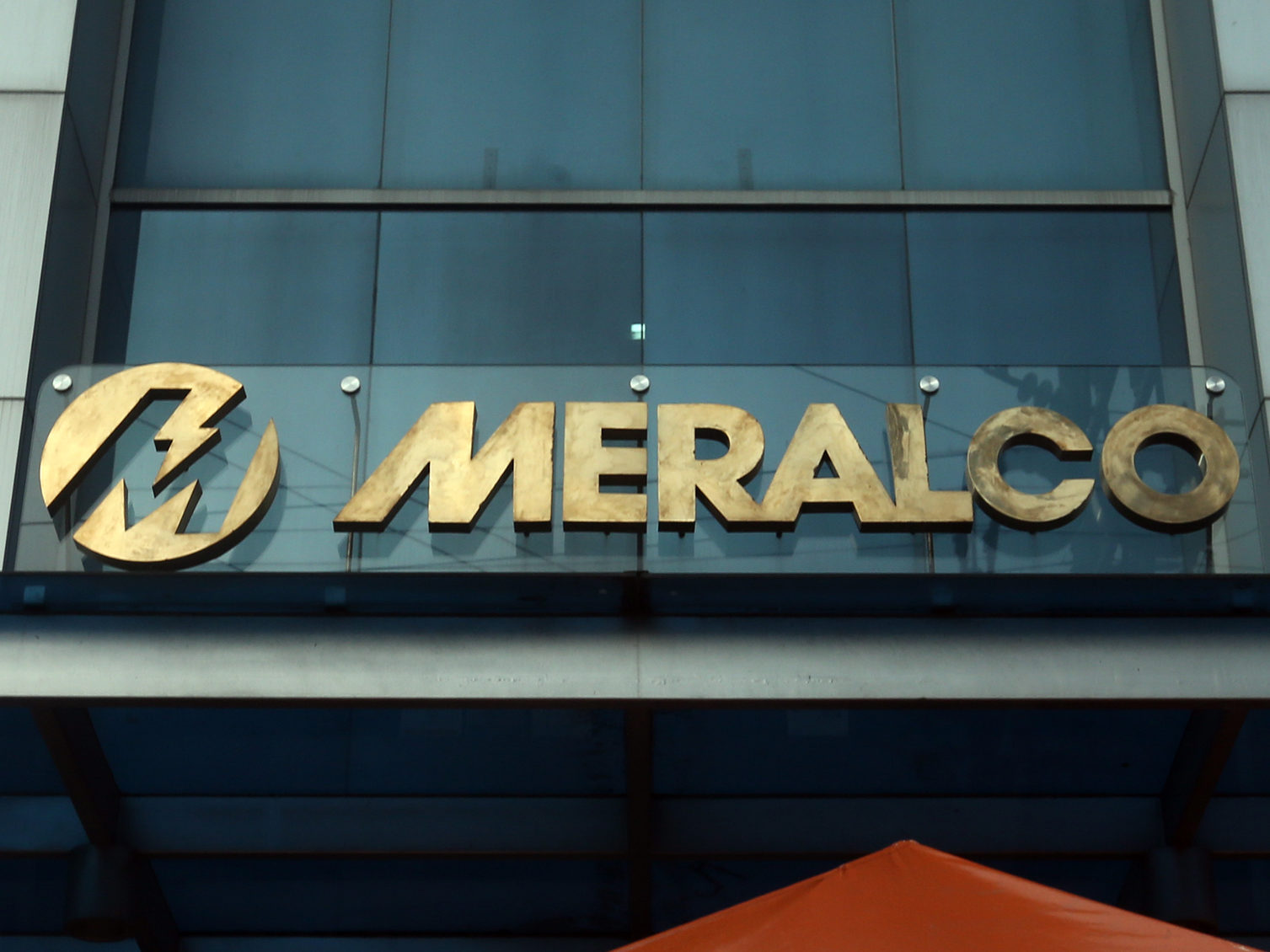PH must diversify nuke energy tech to meet 1,200 MW goal by 2032

FILE PHOTO: Meralco logo. INQUIRER / Edwin Bacasmas
MANILA – As the country races towards its target of generating 1,200 megawatts of nuclear energy by 2032, executives from Manila Electric Company (Meralco) raised the urgent need to diversify technology beyond micro modular reactors (MMRs) to hit its energy goals.
Meralco executive vice president and chief operations officer Ronnie Aperocho said in a press briefing in Pasig City Monday that a broader approach encompassing other nuclear technologies like small modular reactors (SMR) and conventional reactors would be crucial to meet the government’s target by 2032.
READ: PH, US to ink pact easing investments in nuke energy
“If the government has this plan to have 1,200 MW of nuclear (power) by 2032, micro modular (reactor) is not enough. We need to look into SMR and maybe conventional nuclear,” Aperocho said.
Under the Clean Energy Scenario (CES) 1 of the Department of Energy (DOE), the country is projected to have installed 1,200 MW nuclear capacity by 2032, and additional 1,200 MW capacity by 2035 and another 2,400 MW by 2050.
Aperocho said nuclear energy technologies should be part of the Electric Power Industry Reform Act (EPIRA) review as President Ferdinand Marcos Jr. urged lawmakers to revisit the law to address the country’s high electricity rates.
“Talkin g about EPIRA, supporting BBM’s (Bongbong Marcos) mandate to build infrastructure, we think that (the) nuclear power plant is part of that infrastructure for us to really address the power problems in the country,” he added.
READ: Consumer groups, firms back call for Epira review
Meralco chairman and chief executive officer Manuel V. Pangilinan also told reporters that with the complexity of developing MMR and SMR, the deployment of these technologies might be pushed back.
“It turns out to be more difficult than anticipated… so the timetable for deployment of SMR or MMR could be moved back as far as 2032 to 2035,” he said.
Meralco is in talks with different global nuclear industry players from the United States, Canada, and South Korea to explore partnership in nuclear energy development in the Philippines.
Meralco is aiming to strengthen its partnership with these countries, particularly in developing local talents for the nuclear energy sector.
Meralco first vice president and head of networks Froilan Savet also confirmed that the company would go to Ontario next week to sign an memorandum of understanding (MOU) for the nuclear scholarship program.
“As part of that trip also, we will go to Illinois to sign an MOU with the University of Illinois,” Savet said.
Pangilinan added Meralco would initially send its employees for the nuclear scholarship program and would also open this opportunity for engineers in the DOE.
“But eventually, we’ll have to work with the schools to send their engineers, not necessarily nuclear engineers — we would like to send more. And we have written to DOE if they would like to nominate three or five of their own engineers that will fall under this program but at no cost to them,” the Meralco chief said.